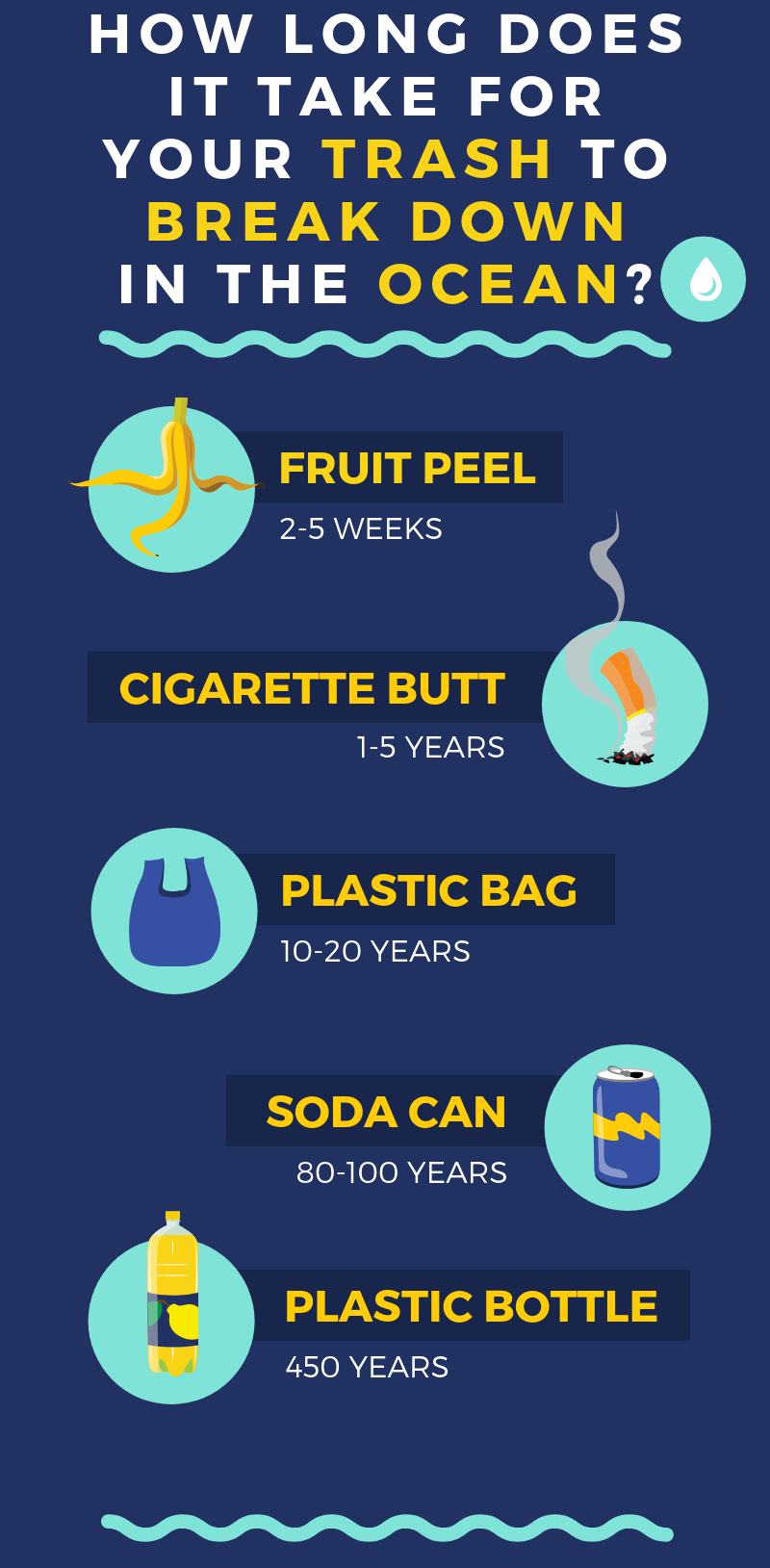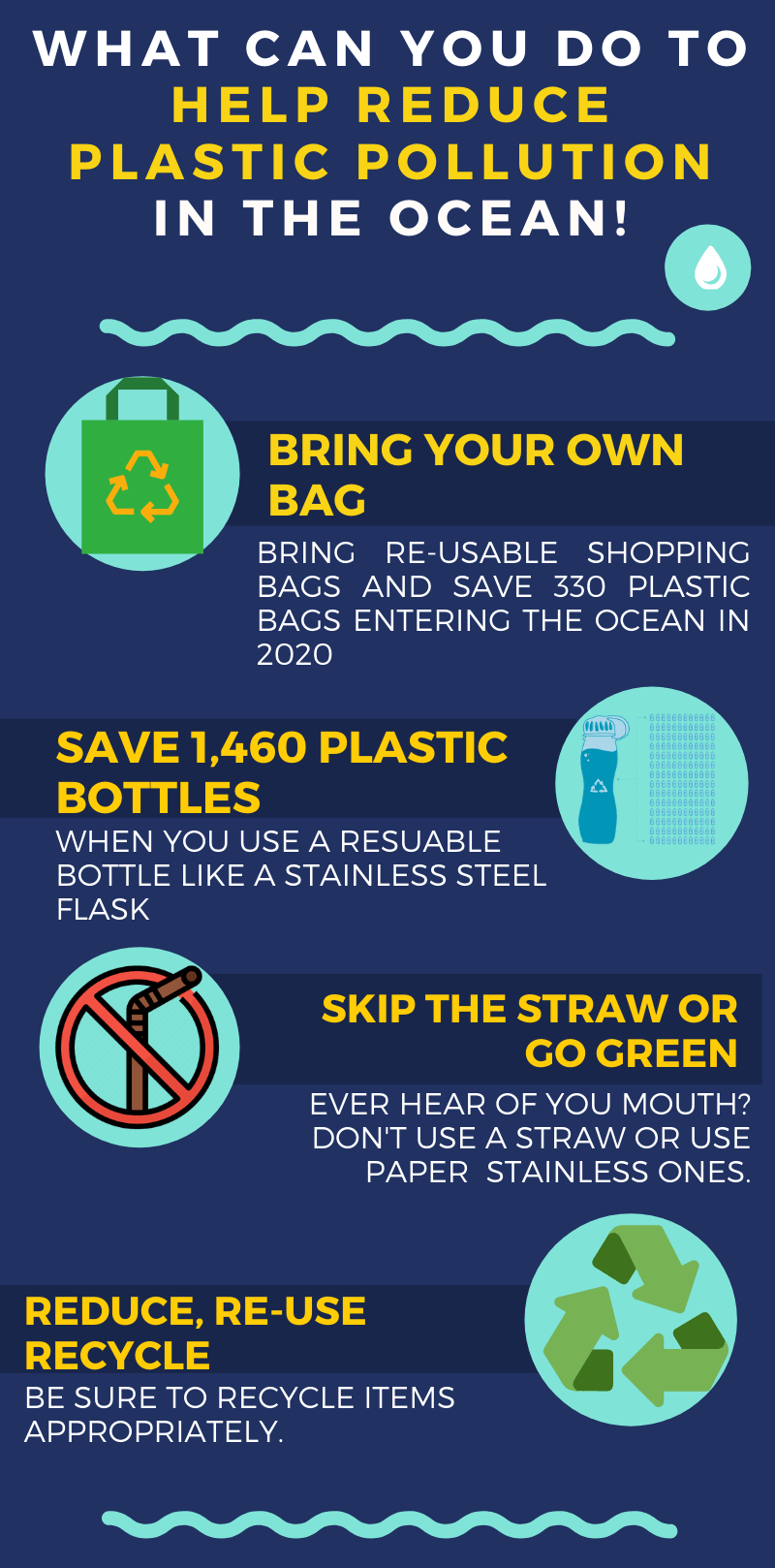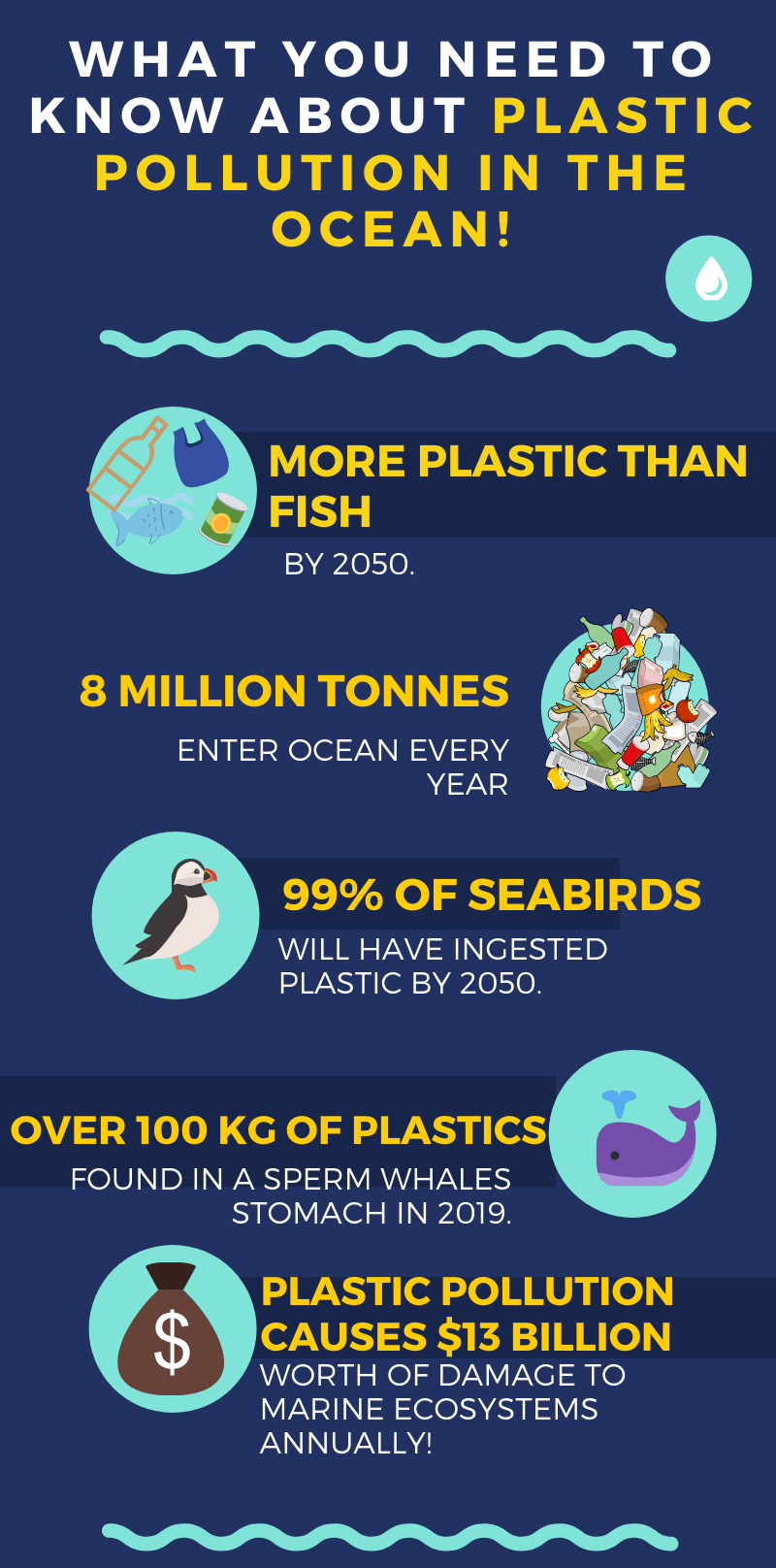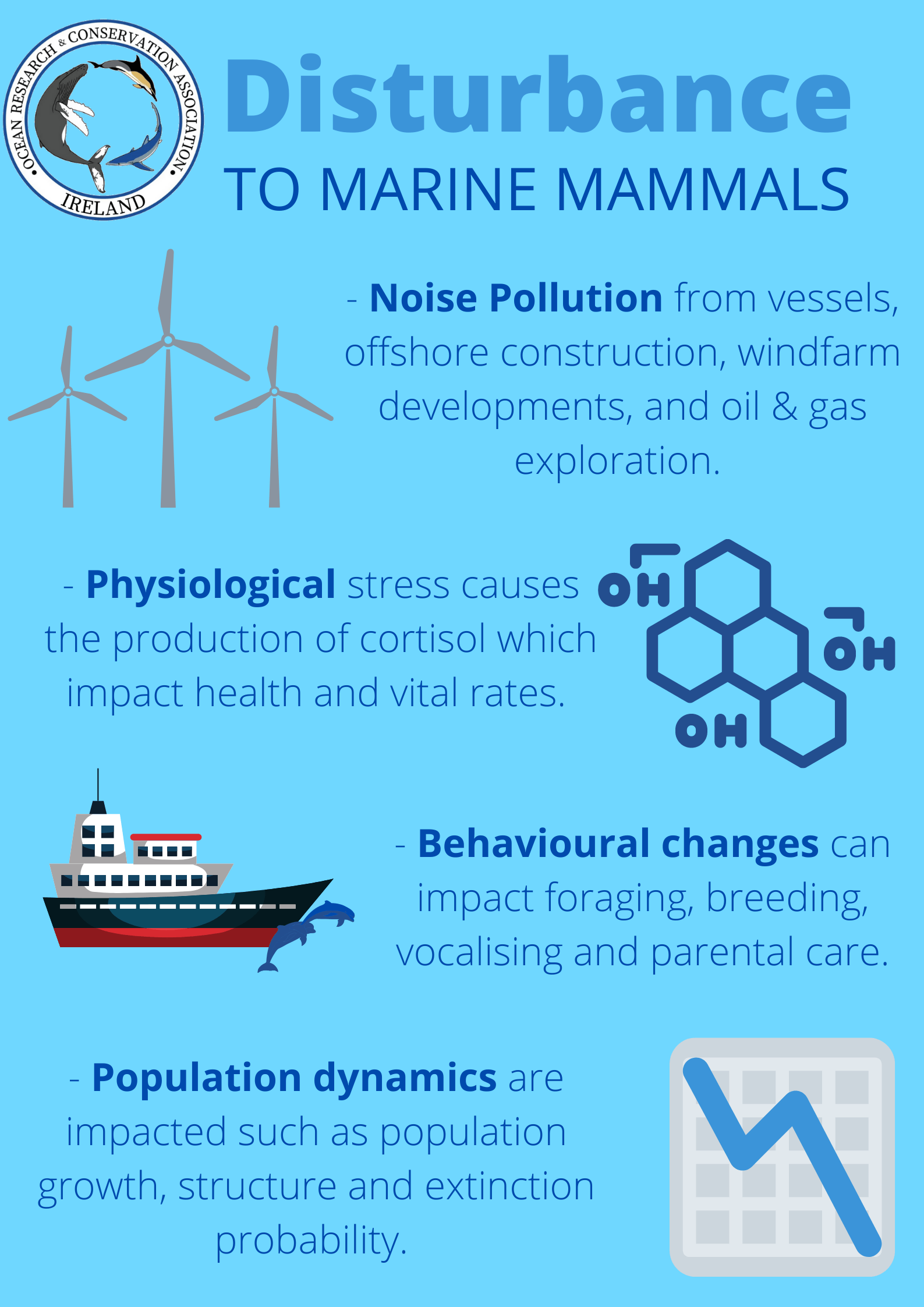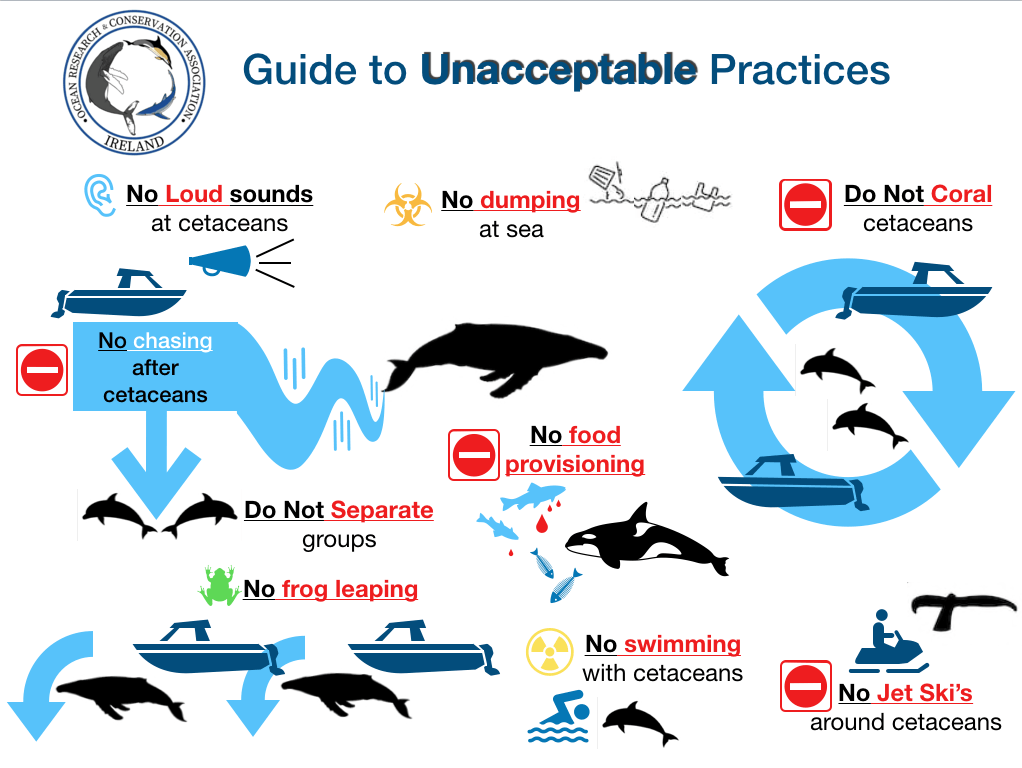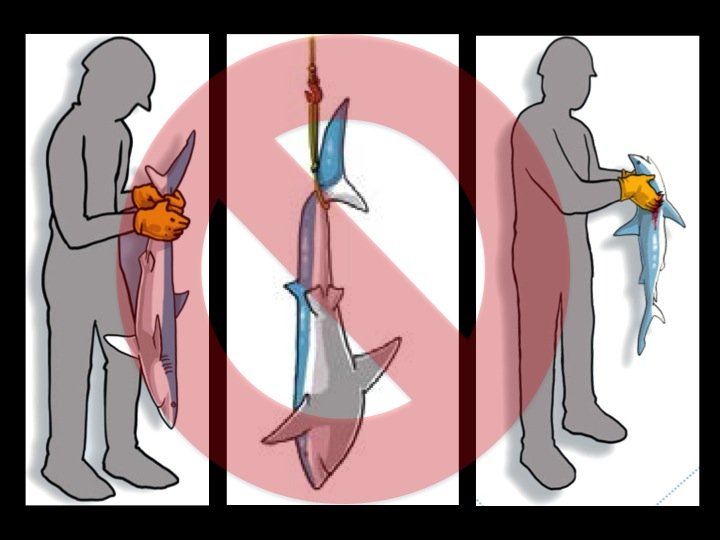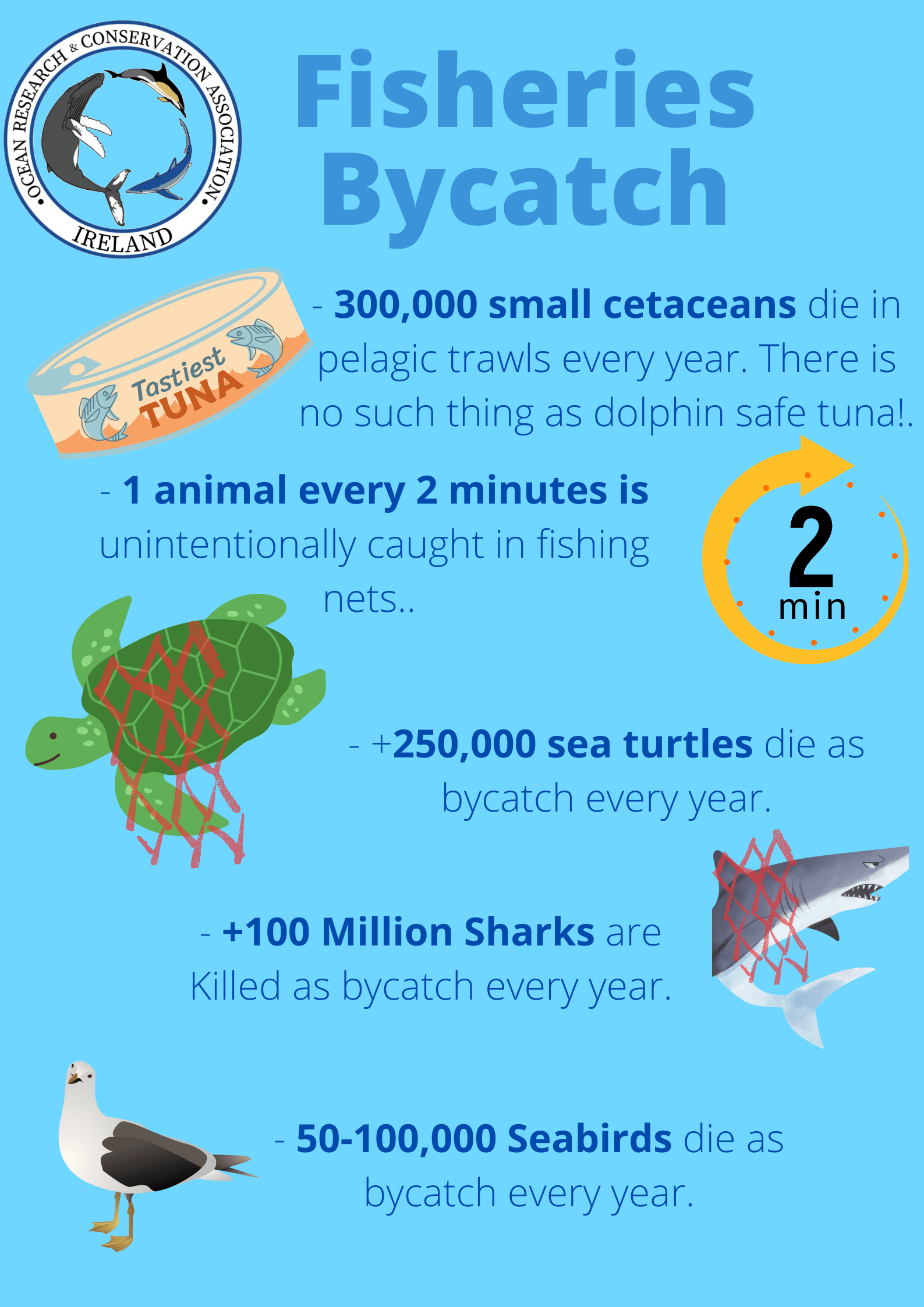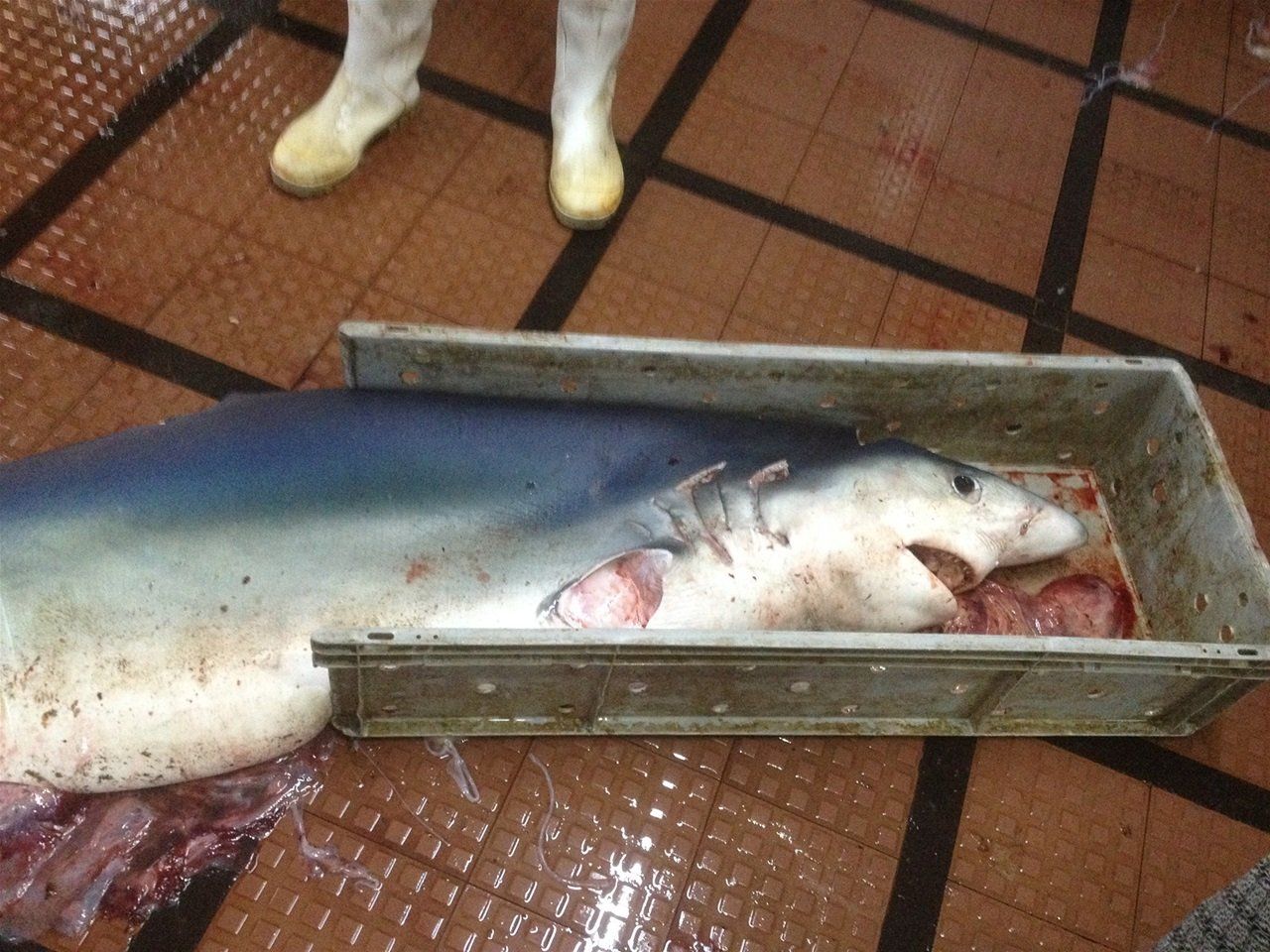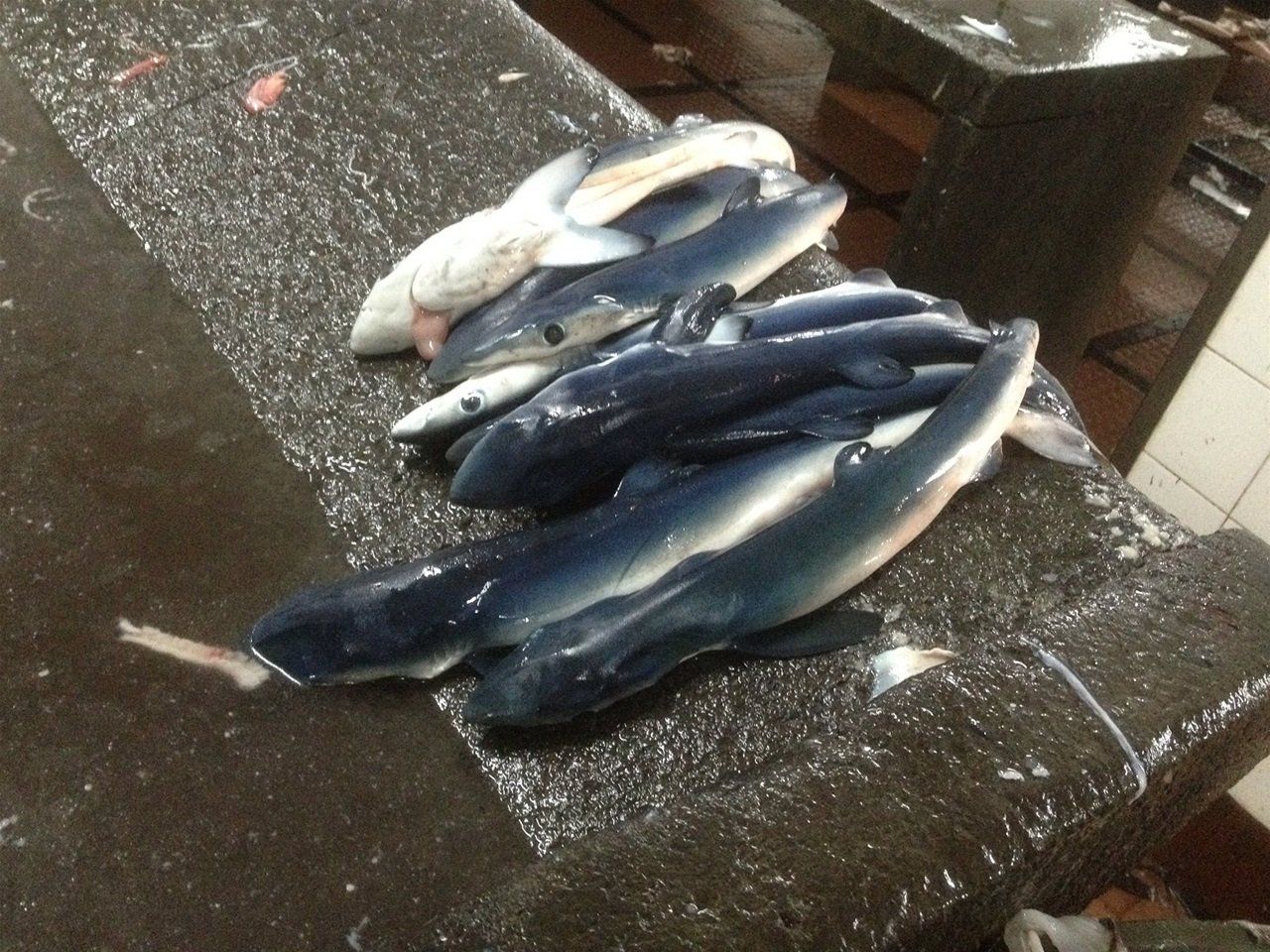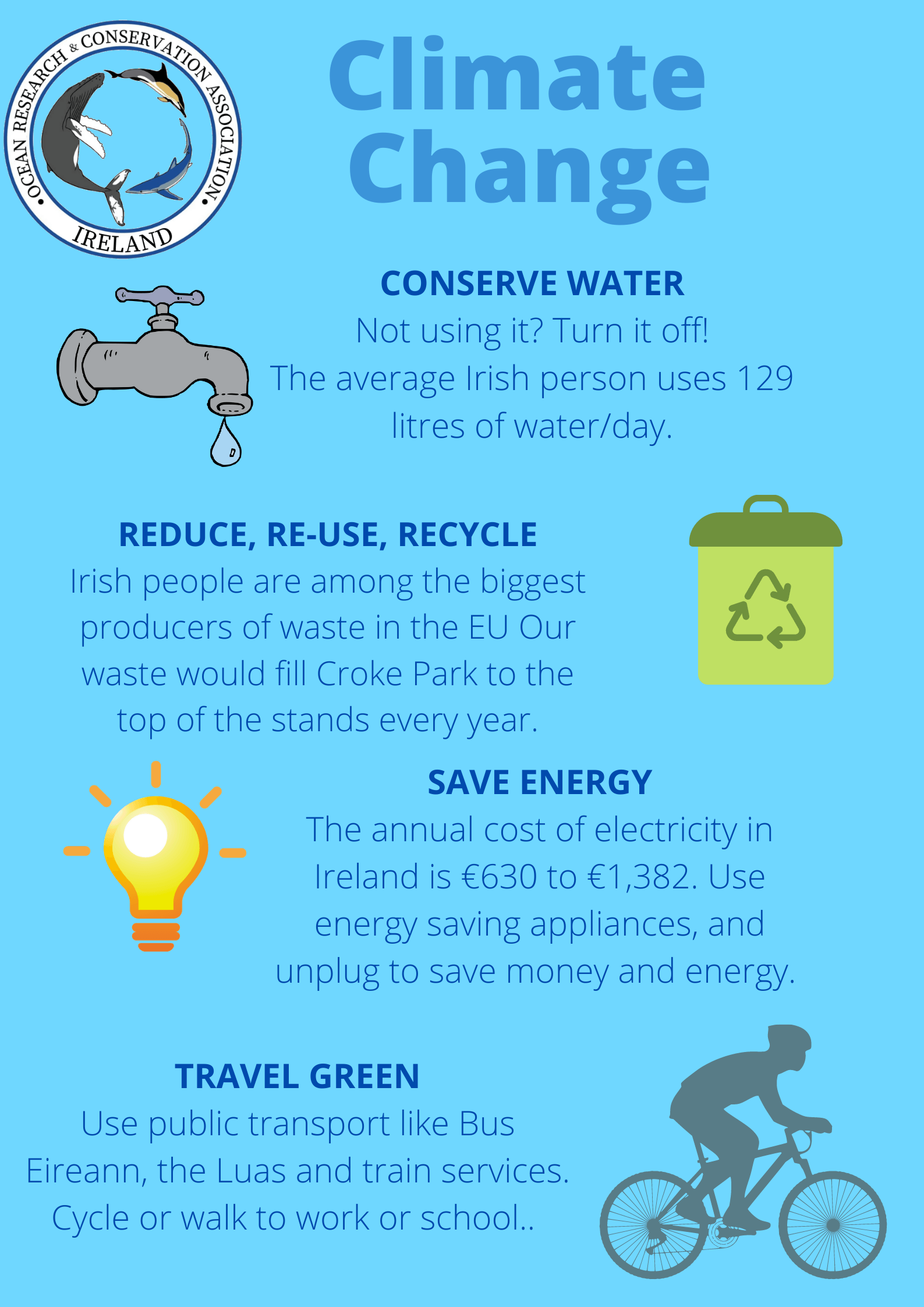Conservation | Save Our Seas
ORCA Ireland raises awareness of marine conservation issues to encourage local stewardship of marine habitats and marine wildlife through the SAVE OUR SEAS Initiative.
ORCA Ireland's Conservation Initiative SAVE OUR SEAS (SOS) has four main areas of focus:
- Pollution
- Disturbance
- Fisheries
- Climate Change
In addition to our on-going conservation projects Protect30X30, SEA-SAFE Best Practices, and the Campaigns we run such as WILD & FREE, and STOP WHALING NOW!
Everything we throw away on land ends up in the ocean!
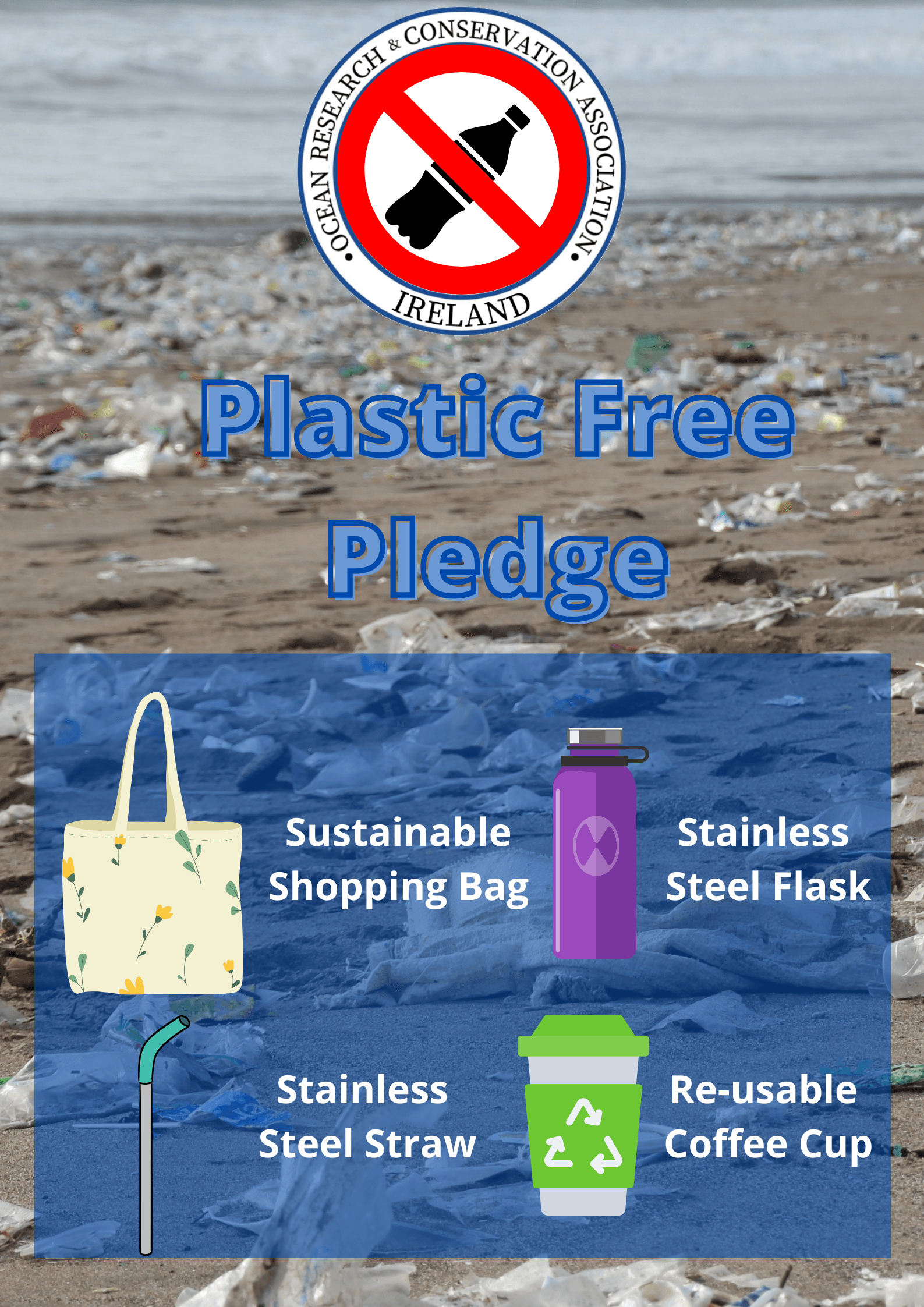
TAKE THE PLASTIC FREE PLEDGE!
PROMISE TO DITCH THE BIG FOR OCEAN PLASTIC POLLUTERS
- PLASTIC BOTTLES
- DISPOSABLE COFFEE CUPS
- PLASTC BAGS
- PLASTIC STRAWS
Lets connects passion for ocean adventure with the purpose of marine conservation through training and restoration moving towards a clean and healthy ocean!
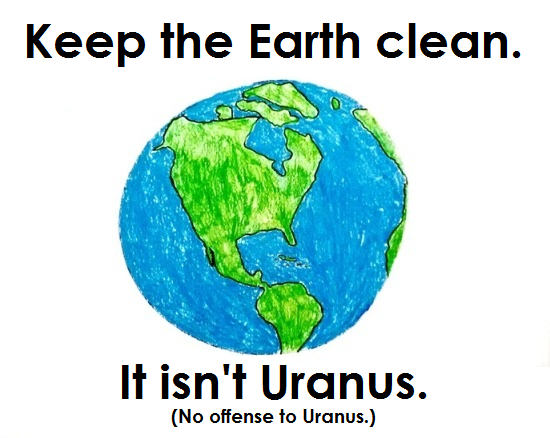
EU research suggests that 150,000 tonnes of plastic are disposed into European waters annually with about 8,000,000 tonnes of plastic in the world’s oceans. Marine wildlife are not the only ones who migrate across waters––plastic trash float from ocean to ocean as it takes hundreds of years to biodegrade. Read more HERE and HERE . This imposes serious threats to the marine wildlife as physical ingestion of plastic pollution can cause direct mortality. Whales consume plastic bags , sea turtles get tangled in plastic and broken down plastic pieces (micro-plastics) are consumed by fishes and later passed onto humans along the food chain. This is known as bioaccumulation.
PROTECT WHAT YOU LOVE!
Disturbance:
Human impacts on the marine environment and wildlife are cumulative and come from a number of sources, including pollution from plastics and discarded fishing gear but also boat disturbance and noise pollution from recreational vessels, commercial shipping and eco-tourism. Disturbance from noise from shipping, construction and eco-tourism can lead to physiological changes, in addition to behavioural changes with can over all effect population dynamics.
Since 1991, Irish waters are legally protected as 'Whale and Dolphin Sanctuary', under current National Legislation of the National Habitat Regulations, cetaceans are listed as protected and regulations prohibit the disturbance of cetacean species. It is also an offence to intentionally injure or disturb a seal species in Ireland. Currently there is no legislation in place to protect shark species, such as the blue shark (Prionace glauca).
Irish waters are home to a diverse array of marine wildlife, in addition to whales and dolphins, we also have seals, numerous shark species, and a variety of seabirds, visible from land and boat. These wild animals are vulnerable to disturbance. In the case of commercial boat-based eco-tours, it is necessary to approach marine species in a manner that respects their natural behaviour and habitat. If you encounter wildlife at sea professionally, recreationally or frequently incidentally we recommend you get a SeaSafe™ Certificate.
SeaSafe Whale & Wildlife Best Practices
Whale watching in Ireland is regulated by National Guidelines issued by the government (Department of Communications, Marine and Natural Resources Marine Notice No. 15 of 2005), to inform passenger vessel operators and the wider coastal communities of best practice in cases of interactions with cetaceans in Irish waters. Currently "best practices" are followed by few operators along the south and west coasts of Ireland to ensure the protection of cetaceans from impacts of commercial eco-tourism activities. However, this is on a voluntary basis and is no national training strategy as part of permitting and licensing has been implemented to date.
National Guidelines indicate that vessels operating commercial whale watch tours in Irish waters, who have a "duty of care" to the conservation of cetaceans, should ensure:
- The crew and skippers are aware of the correct procedure for boating protocol in the presence of cetaceans and other marine wildlife including pinnipeds, elasmobranchs and seabirds.
- The vessels are suitably licensed to operate in sea areas where whales may be located. e.g. for a passenger boat with a P3 license plying limit of up to three miles offshore, P5 has a plying limit for sea area up 30 miles offshore.
Bycatch
By-catch refers to any species caught accidentally while fishing for other commercially important species. By-catch of non-target species is a global problem with severe effects on the conservation status of many protected and endangered species and populations.
Entanglement in fishing nets and gear, or 'bycatch', is the biggest threat facing dolphins, porpoises and whales. Entanglement specifically refers to the wrapping of lines, netting, or other materials of anthropogenic origin around body of an animals, while bycatch refers to the unintentional capture of species such as small cetaceans in fishing nets. Hundreds of thousands of individuals die as a result of drowning in fishing practices intended to catch commercially important fish species. It's pushed some whale species to the brink of extinction.
In Irish waters, marine megafauna are by-caught in pelagic trawl fisheries and Spanish, French and Dutch long-lines that stretch thousands of kilometres across the Atlantic Ocean, from the Mediterranean to the North Sea!
Although a certain level of bycatch can be expected, without robust records it is difficult to estimate level of mortality in fishing gear for various marine top predators. Currently there is no permanent annual bycatch observer programme in place in Ireland, despite a successful pilot programmes having been carried out in 2010 and 2011 by researchers at University College Cork (UCC).
Climate Emergency
Changes in climatic conditions leading to sea temperature increases in the polar regions threatens the ecology of many marine megafauna species on Arctic and Antarctic feeding grounds. The narwhal, beluga and bowhead whale, for example, found in the Arctic year round, are particularly affected by fluctuations in sea ice coverage causing shifts in species ranges. These are evident with observations of late of both beluga and bowhead whale, and more recently a bearded seal and an Arctic Walrus in Irish waters. Climate change may impact species ranges and could be affecting migration patterns of large migratory whale species, such as the humpback whale.
Extreme weather events are becoming more and more common around the Irish coasts, with gale force winds exceeding 120km/hr at times. ORCA Ireland welcomes the Government's Climate Action Plan, which includes recommendations for Ireland to meet our 2030 climate targets to zero-net decarbonisation. To meet these targets, there is predicted to be an increase in the development of offshore wind-farms along the east, west and south coasts of Ireland in the next 10 years.
Climate Change is one of the biggest global threats to marine ecosystems. The accelerating impact of climate disruption from unsustainable human activities, such as the burning fossil fuels has resulted in the earth’s climate becoming dangerously unbalanced.
We have a short window of opportunity if Ireland is to meet its international carbon emissions targets. We can see the impact in Ireland and around the world in increasingly extreme floods, droughts, storms and heatwaves. Wherever you are in the world, it is always those who are most disadvantaged who are most affected by these disasters.
ORCA IRELAND AT THE GLOBAL STRIKE FOR CLIMATE AT UNIVERSITY COLLEGE CORK (UCC) SEPTEMBER 2019

